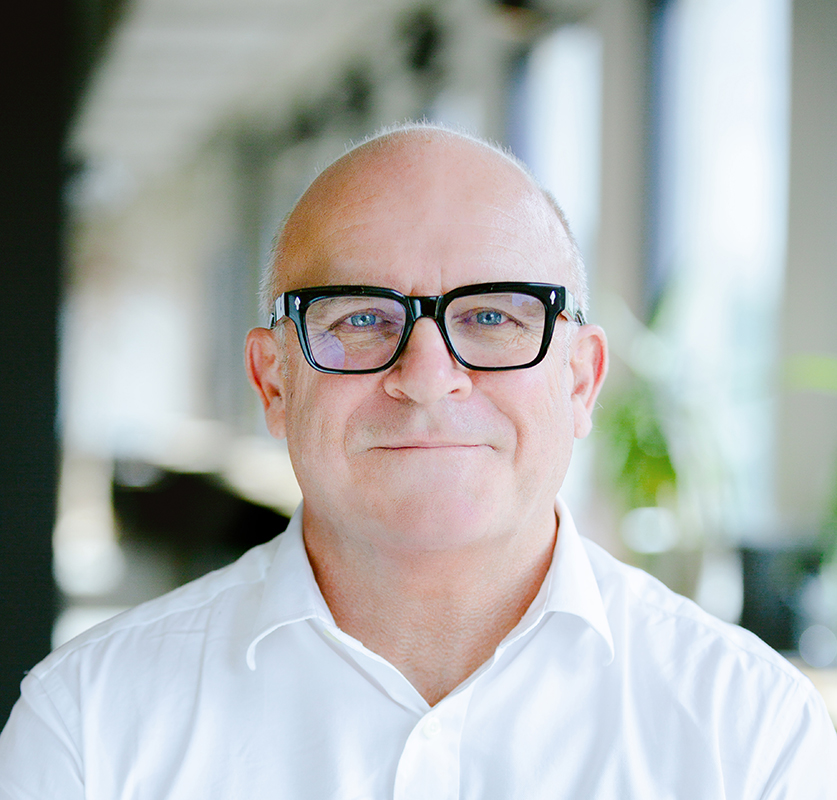
HealthShare’s $1.25 million acquisition of the MyHealth1st booking engine asset out of the struggling 1stGroup is a great buy for a company that has a lot of existing synergistic business models and assets, already runs lean, and has a very good grasp of building out software platforms in health.
Shares in 1stGroup fell from .9 of 1c to a low of .5 of 1c this week (both down from peak of 9c in July 2019) following the announcement, despite claims the sale would remove a lot of negative cashflow from the core group.
The group had mooted selling off its healthcare booking asset in its first half 2023 financial report as a means of refocusing what has been a struggling business.
About a year ago Visionflex, previously a private telehealth and remote devices vendor, acquired a controlling share of the group with a view to leveraging its virtual products through the 1st Available network.
However, it rapidly became apparent that this was a flawed strategy, and the synergies between the two businesses were not there.
The decision by 1stGroup to offload its healthcare booking asset probably reflected a desire to refocus the business around the opportunities of the Visionflex product, which has several major contracts with PHNs around the country.
1stGroup CEO Joshua Mundey said the sale of MyHeath1st to HealthShare would “considerably reduce net cash outflows for 1stGroup”, indicating that the bookings part of the business has been running at a considerable loss for some time and would require some work on the part of its new owner to return it to positive cashflows.
While the sale will provide some relief to a cash-strapped 1stGroup, Visionflex remains trapped in a publicly listed structure with all the associated issues of reporting, governance and administrative on-costs in what is an increasingly hotly contested market space of telehealth virtual services.
Meanwhile, the reverse dynamic is occurring for the old MyHealth1st booking asset of the business.
Inside the privately run HealthShare, management will be able to be more agile in how they restructure, build out and develop the product to synergise with its not insignificant national health directory assets.
HealthShare CEO Charles Solomon told Wild Health that the rationale for the acquisition was simple.
“We already have the leading and most comprehensive healthcare practitioner directory that gets almost one million unique visitors on healthshare.com.au, is integrated into leading GP clinical software (and is the most used GP referrals directory) and powers the ‘find a provider’ directories for over 30 private health insurer partners, to help their members find the right practitioner for their needs,” he said.
“With the acquisition of MyHealth1st we can now scalably offer not only the ‘find’ part of the process but also the ‘book’ side – helping close the last mile in making it a seamless end-to-end process for a patient choosing a health practitioner.”
HealthShare co-founder Rami Weiss said the group would focus on the allied and specialist end of the bookings market which fits into existing group strengths supporting patients and GPs.
MyHealth1st has generally been considered the third in the bookings engine market behind HealthEngine and Hotdoc, both of which have a significant foothold in the lucrative GP booking market.
MyHealth1st does have a reasonable presence in some key allied markets including pharmacists.
HealthShare is a key specialist referral widget in the main GP patient management systems and provides consumers with some of the most comprehensive information on specialist gap fees when they are shopping directly for a specialist to recommend to their GPs.
But unlike Hotdoc, HealthShare is still not integrated to the market dominant specialist software platform Genie Solutions so building bookings in this market might be harder.
The sale of MyHealth1st includes the sale of assets, client agreements, supplier agreements, intellectual property, goodwill, business names and domain names to HealthShare.

